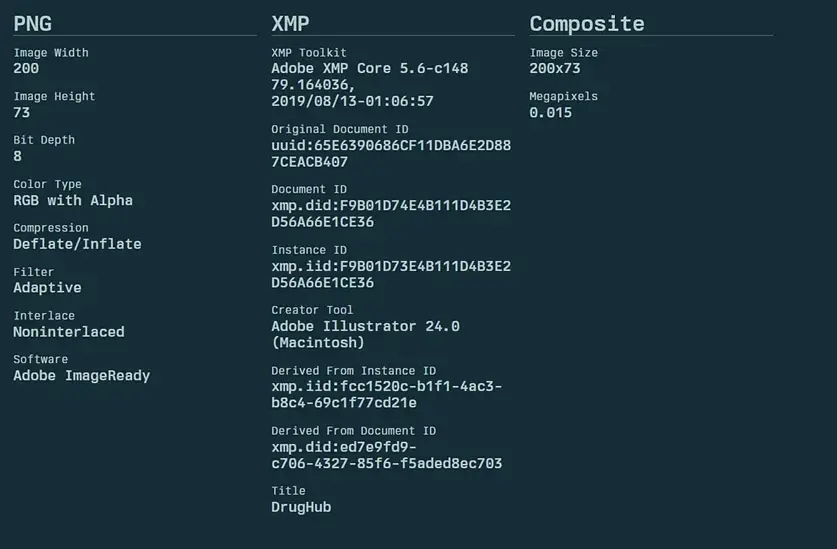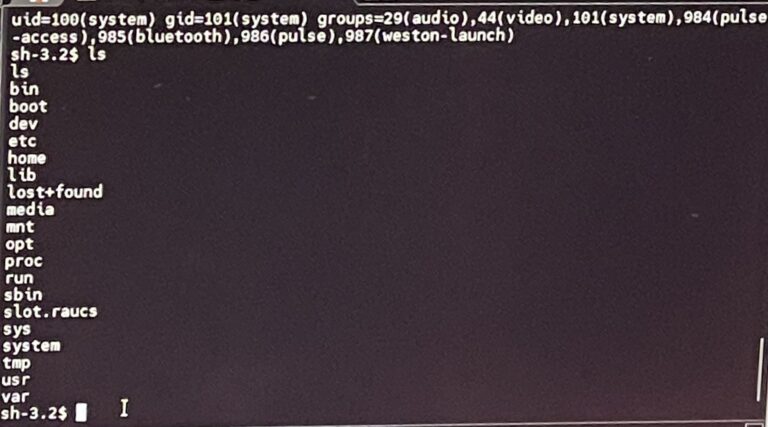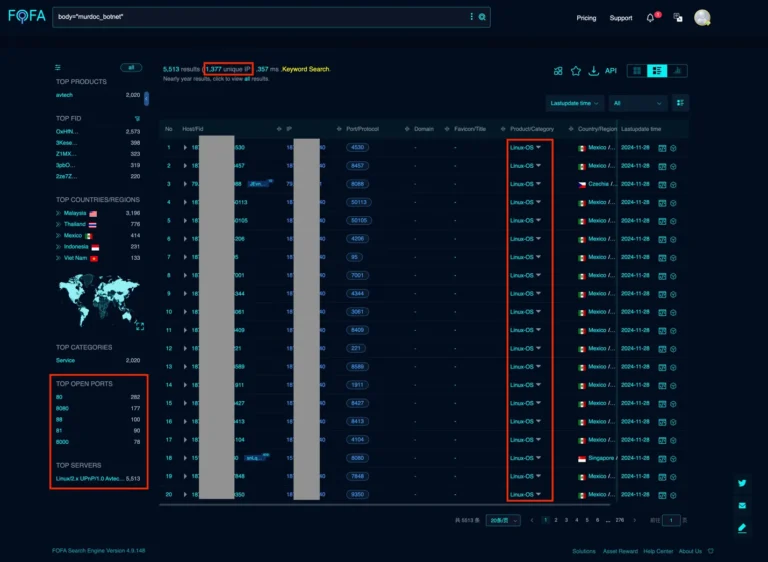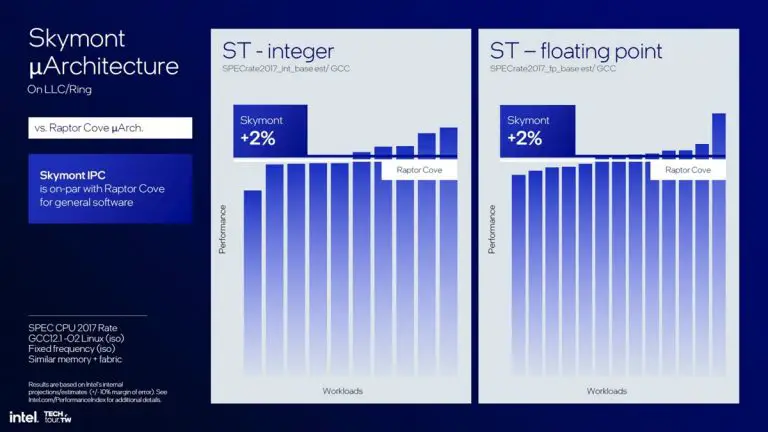
One of the most prominent darknet marketplaces, DrugHub, has been found to have critical vulnerabilities that could jeopardize its existence. Attention has been drawn to the platform due to both technical flaws and strategic missteps, which might have been preventable during the infrastructure planning phase.
Metadata from images used on the site reveals outdated software. For instance, the DrugHub logo was created using Adobe Illustrator version 24.0, which became obsolete in 2019. This not only highlights inadequate security measures but also indicates reliance on unsupported software.
A screenshot of the image metadata provides detailed information, including parameters such as Adobe Illustrator 24.0 (Macintosh), XMP Toolkit, dimensions of 200×73, and PNG format.
Moreover, the site employs Base64 encoding for storing and displaying multimedia, a method that increases file sizes by 33% and raises questions about the efficiency of such an approach. These decisions reflect a possible lack of expertise among the team responsible for the platform’s infrastructure.
Particular concern surrounds the configuration of the Jabber server. Public documentation for DrugHub references port 5222, which in itself constitutes a vulnerability. This setup could enable attackers who gain server access to intercept user data. Given that the service operates both Tor mirrors and open mirrors in the Clearnet, the risk of data breaches is significantly heightened.
The hosting infrastructure has also drawn scrutiny. DrugHub’s servers are located in Dubai, and its .su and .link domains use different SSL certificates: Google Trust for one and Cloudflare for the other. Interestingly, both domains resolve to the same IP address, indicating carelessness in system configuration. Furthermore, hosting servers in the UAE exposes the platform to potential action by U.S. law enforcement due to an extradition treaty between the two nations, placing the platform’s operators at considerable risk.
Experts speculate that DrugHub’s servers may already be under the control of law enforcement, with data potentially copied for ongoing investigations. Security lapses, such as shared databases between Tor and open mirrors, could compromise both users and suppliers on the platform.
Given these vulnerabilities, DrugHub faces significant threats not only from competitors but also from international authorities, potentially leading to the complete shutdown of the marketplace.


